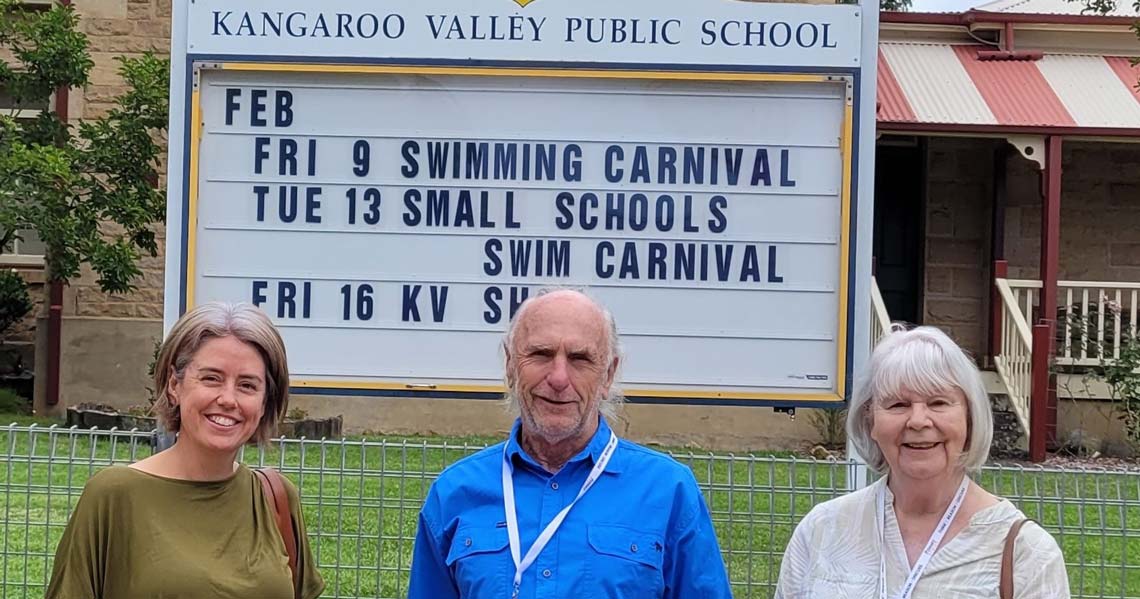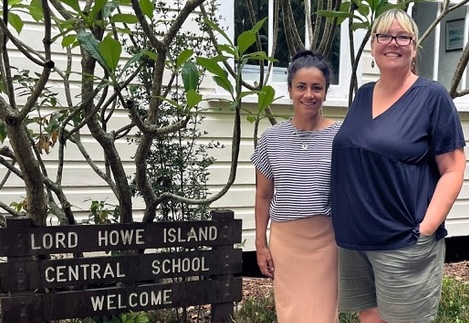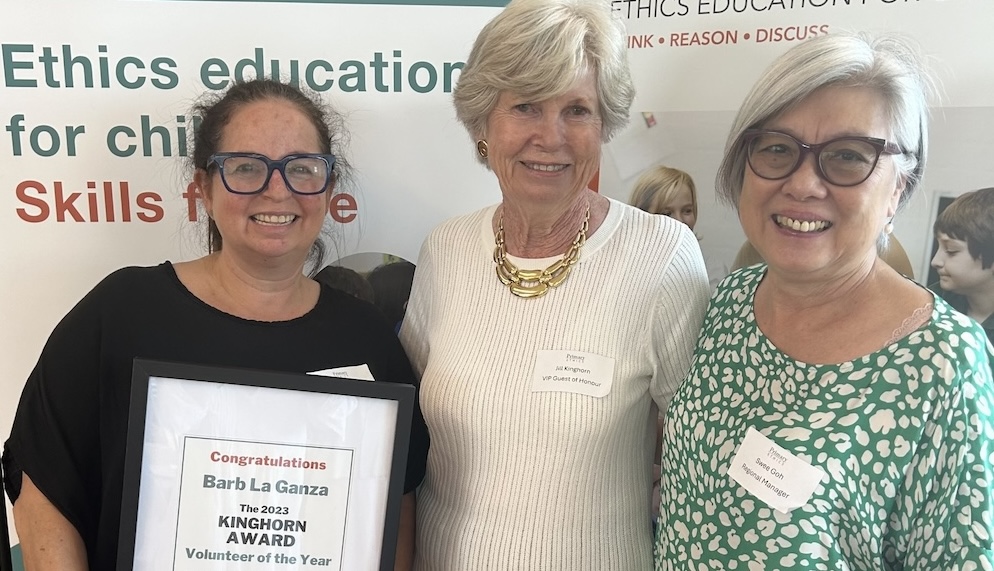‘Each lesson is an adventure’ – Lee’s story
Lee Edgerton’s story of volunteering as an ethics teacher at his daughter’s school in Sydney’s north.
“Volunteering as a Primary Ethics teacher has been one of the most enriching experiences of my life. It’s been a journey that has not only allowed me to bring such a valuable curriculum to young minds but also to learn and grow alongside my students.
Their unfiltered perspectives often challenged my own, pushing me to view situations through a lens of simplicity and honesty.
While Primary Ethics readies their volunteers with in-depth training, nothing can prepare you for taking those first steps into the classroom. From my first lesson with my Stage 1 class (Years 1 and 2), there were students absolutely soaking up what I was sharing. Teaching ethics isn’t about conveying morals; it is about nurturing their ability to find their sense of right and wrong and helping them understand the importance of values and principles in everyday life.
Each lesson is an adventure, for the children and me. In term 1 we explored the theme ‘pride’ through storytelling, interactive discussions and visual aids. While they were thinking deeply about what it means to be proud, I was learning about myself and about how I can engage with my own children on these topics in a better way.
It was very rewarding to see how involved the students were. With six-to-seven year olds, you need different strategies to manage the class, so that you can cover the topics and reach every student. But by the end of the first term, when a child was being noisy and distracting, their classmates would tell them to pay attention. It was amazing to see students so interested and encouraging others to be interested too.
As much as I was there to teach, I found myself learning from these young philosophers. Their unfiltered perspectives often challenged my own, pushing me to view situations through a lens of simplicity and honesty. Not only that, but the positive Primary Ethics approach to managing behaviour in the classroom has given me tools to use at home with my own children.
Volunteering has given me a profound sense of fulfillment. Knowing that I’ve played a part in helping these young minds to develop their reasoning skills – and their compassion – is rewarding in itself. It’s a privilege to contribute to their journey of ethical development and to plant seeds that can grow into strong, ethical foundations for their future.

Where magic happens
I’m very grateful for the opportunity to make a difference in the lives of these children. While I’ve sometimes felt out of my depth, I’m often reminded that’s where the magic happens. I look forward to continuing this journey of teaching, learning and growing together.
Teaching ethics to primary school children is not just an educational endeavour – it’s a way to build a better world, one lesson at a time. And for anyone considering volunteering in this capacity, while I can say it comes with its own challenges, I can absolutely also say it will be one of the most rewarding experiences you can have.
Please feel free to reach out to me if you’re thinking about volunteering to teach ethics, via communications@primaryethics.com.au”



